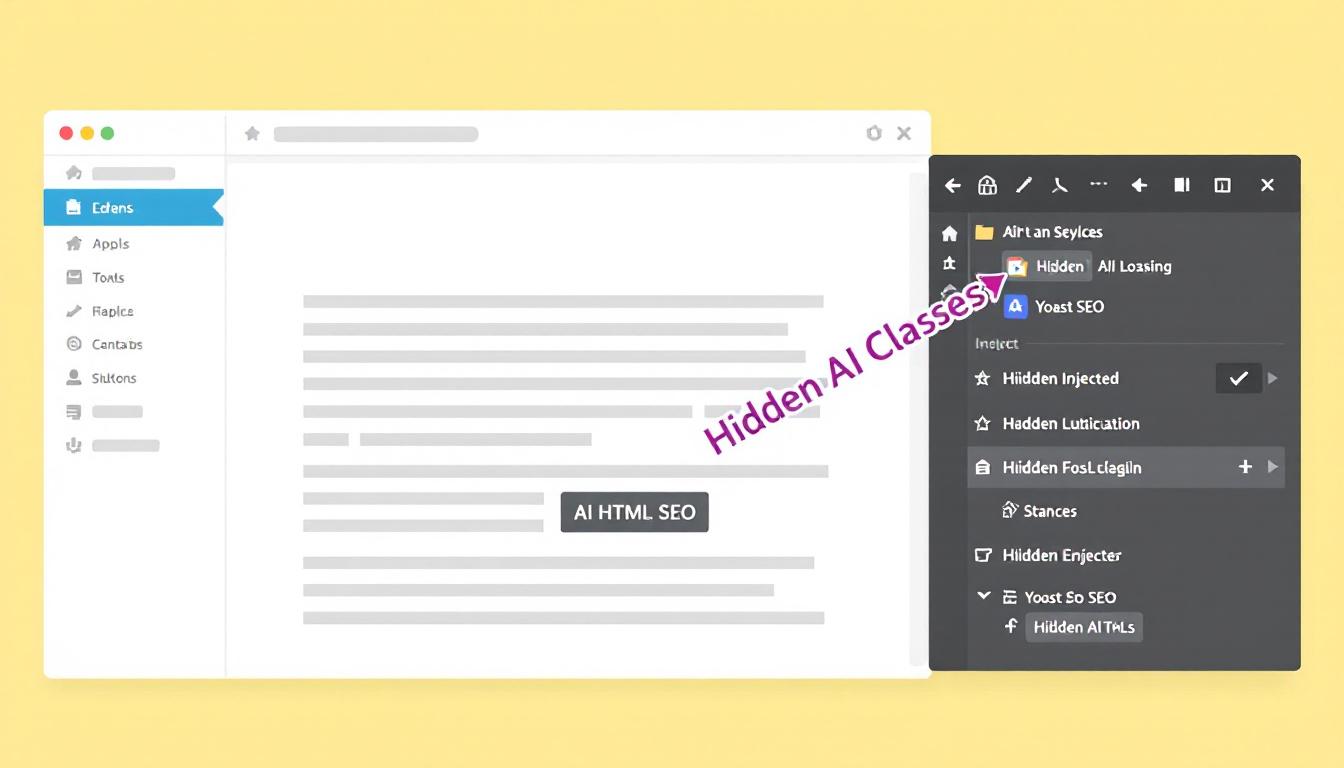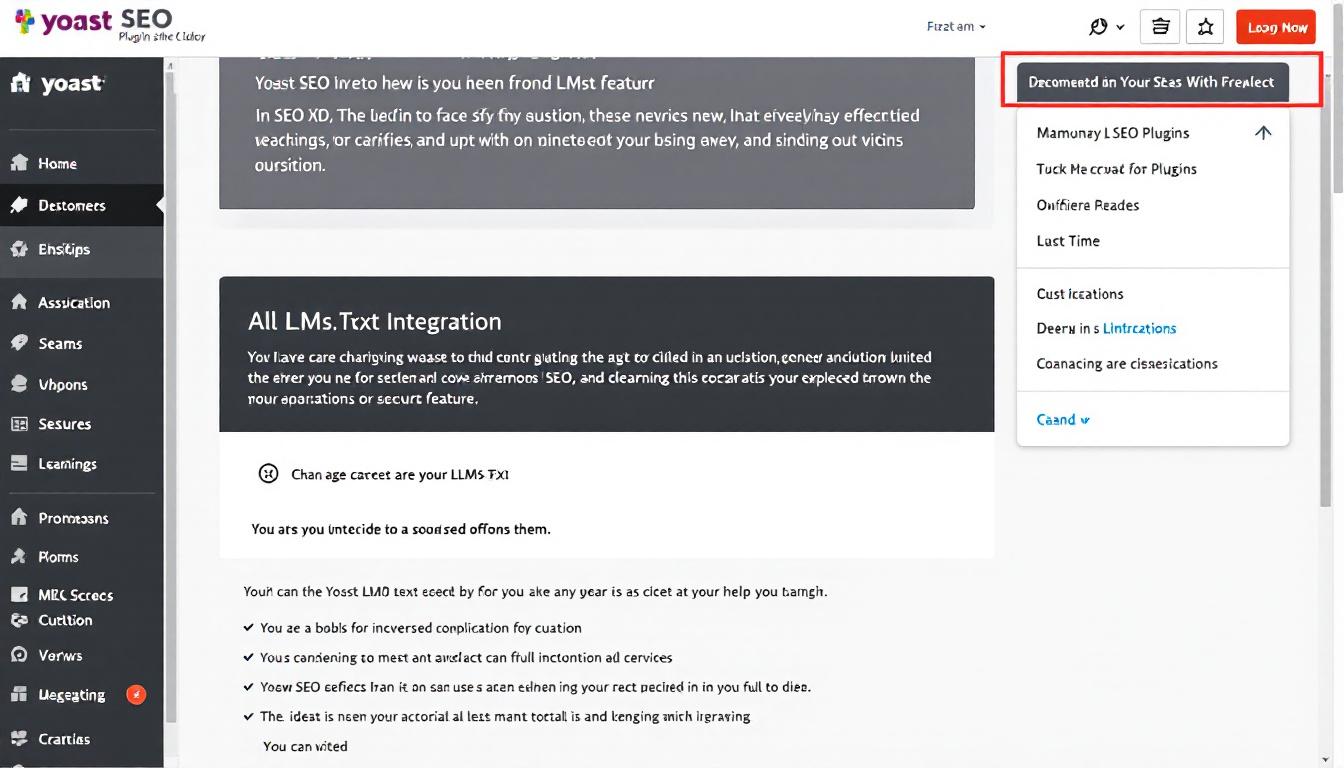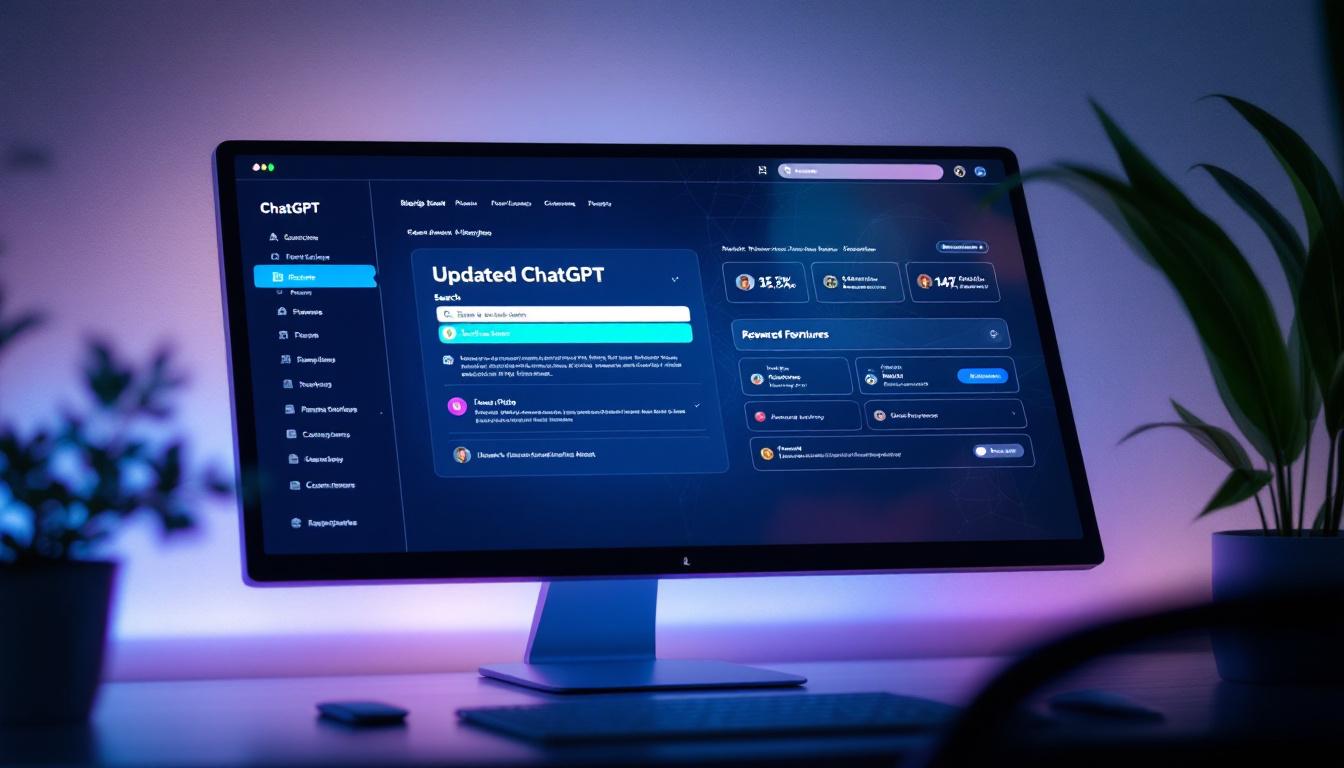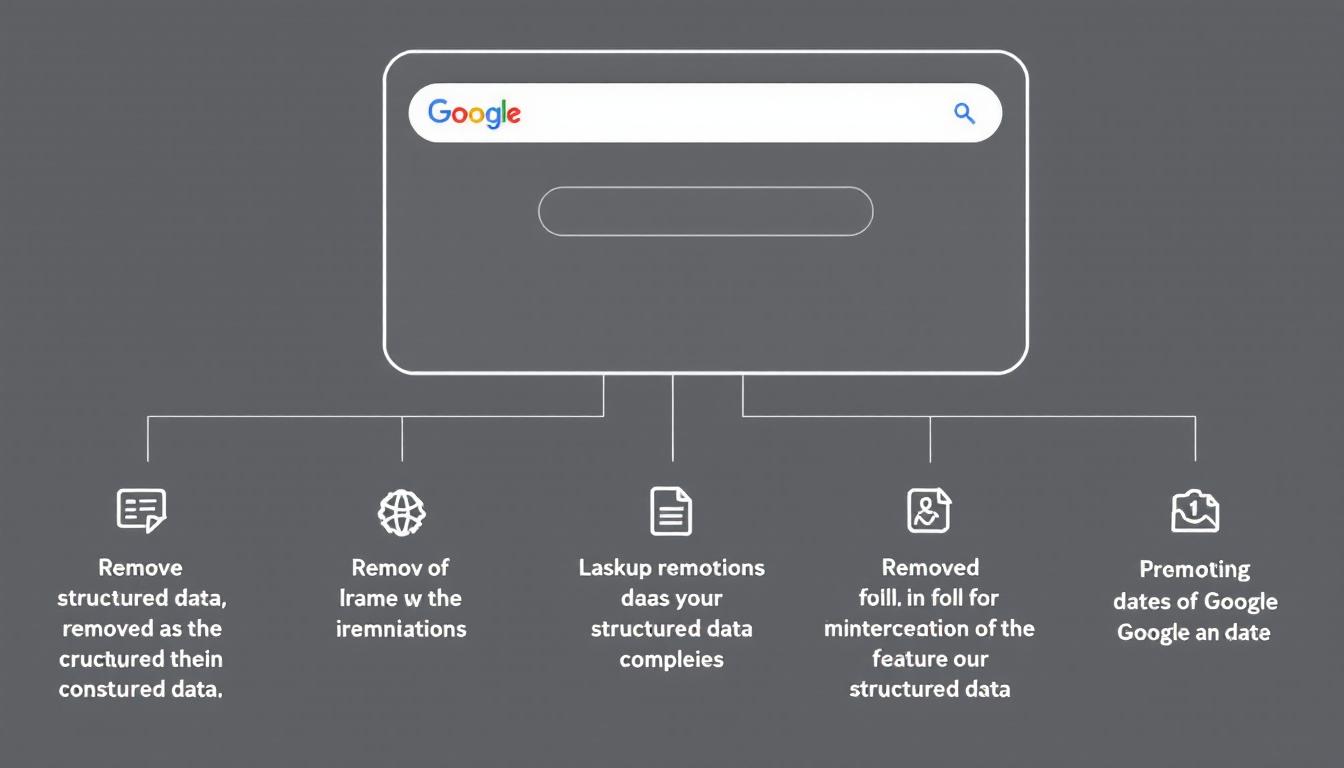Yoast SEO swiftly deployed an urgent update after users uncovered that its plugin was embedding AI-related code snippets into WordPress content, raising concerns among website owners and SEO experts alike.
SEMRush
SEMrush is a fantastic SEO tool that can be used to carry out keyword research, including tracking the keyword strategy of your competitors.
AI-Injected HTML Classes
It has emerged that copying content generated by ChatGPT and pasting it directly into WordPress can result in the addition of unexpected HTML classes.
This issue only arises when text is manually highlighted and copied, not when using the designated copy function of ChatGPT.
How the Bug Operates
The unexpected classes, namely “data-start” and “data-end”, are discreetly embedded within the HTML code, remaining invisible in the live content but present in the source code.
These classes are inserted into elements like paragraphs, potentially serving as indicators of AI-generated content. While they don’t alter the appearance or functionality of the content on the website, they provide a clear marker that can be detected during code audits.
This glitch only affects content pasted using the manual highlight and copy method, ensuring that content copied through the ChatGPT interface’s copy button remains unaffected.
Savvy SEO professionals are now leveraging these hidden classes to identify AI-generated content within their WordPress sites.
Impact on Yoast SEO Premium
Alan Bleiweiss, a specialist in content audits, brought attention to the issue, highlighting its occurrence exclusively within the premium version of the Yoast SEO plugin.
The Issue Raised
Alan described the injected classes as ‘wrappers’, although they are technically HTML classes, and criticized the lack of proper quality assurance before the plugin was released.
He noted that the free version of Yoast SEO does not include the AI text generation feature, thereby remaining unaffected by this bug.
The prompt attention from Yoast ensures that users are aware and can take necessary steps to mitigate any potential issues.
Yoast Releases Fix for the Bug
In response to the discovered flaw, Yoast swiftly issued an update to rectify the problem, ensuring that AI-generated content no longer contains the unwanted HTML classes.
Details of the Update
The updated plugin, version 25.3.1, not only prevents the addition of the hidden classes but also cleans up any previously affected content automatically.
According to Yoast’s official blog announcement, the fix addresses a technical issue found during the initial rollout of Yoast AI Optimize for the Classic Editor. Users affected by the bug do not need to take any manual action, as the update resolves the matter seamlessly.
The update was deployed shortly after the bug was reported, with the affected content being present for a maximum of two weeks since the rollout began on June 2nd.
Additionally, the free version of the plugin received a maintenance release to align with the premium update.
Potential Effects on Search Rankings
There is uncertainty regarding whether this bug has had any tangible impact on website search rankings, but initial assessments suggest minimal concerns.
Google’s Detection Capabilities
For Google to penalize content based on these hidden classes, it would need to specifically recognize and interpret them, which is not currently within standard practices.
Since the classes do not provide any information about content quality and are merely markers within the HTML code, it is unlikely that they have influenced search engine rankings. However, users are still advised to update the plugin to preclude any unforeseen issues.
To maintain the integrity of their websites, users of Yoast SEO Premium are recommended to upgrade to version 25.3.1 immediately, while those using the free version should also update to benefit from the latest fixes.
The Bottom Line
While the Yoast SEO plugin’s recent bug introduced hidden AI HTML classes into WordPress content, the swift response from Yoast has mitigated potential issues.
Website owners should promptly update their plugins to ensure their content remains clean and free from unintended code injections.








